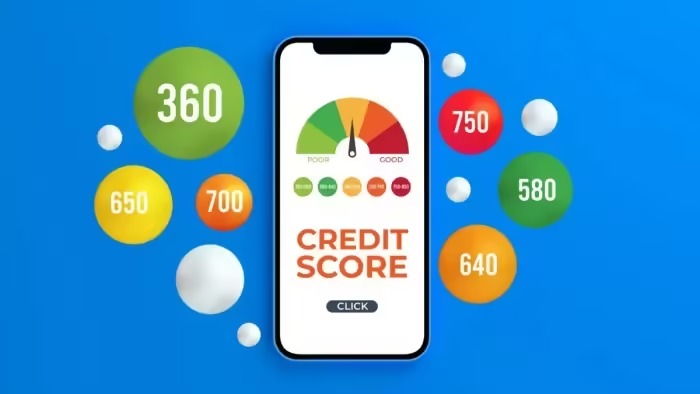
New Delhi: The importance of CIBIL i.e. credit score increases a lot when taking a loan. If your credit score is good and you also meet the other parameters, then you will get a loan immediately. But, if the credit score is bad, then there is a lot of difficulty in getting a loan or credit card. Many times, banks or NBFCs refuse directly.
Now the Reserve Bank has issued a new rule for banks and financial companies regarding credit score. This was announced recently by RBI Governor Shaktikanta Das. Let us know what the new rule is and what impact it will have on banks and customers.
Credit score has to be updated in 15 days
Under the new rule, now banks and non-banking financial companies (NBFCs) will have to update the credit score of customers every 15 days. They will have to send the credit information of the customers, such as whether he has repaid the loan on time or not, to the Credit Information Companies (CIC) every two weeks. CIC will update that information quickly. This will benefit both banks and customers.
The customer's CIBIL score can be updated on the 15th of every month and at the end of the month. Credit Institutions (CI) and Credit Information Companies (CIC) can also set a fixed date for themselves to update the data at an interval of 15 days, if they wish.
How will banks and customers benefit
RBI's new rule will be beneficial for customers along with banks. Banks and NBFCs will be able to take better decisions about who to give loans to and who not to by updating the credit score quickly. If a customer defaults on the loan, it will be known within 15 days.
This will also benefit customers as their credit score will be updated quickly. With this, people with poor credit scores will be able to know quickly whether their credit score is improving or not. At the same time, the risk assessment of people with good credit scores will be more accurate and they will be able to get loans at cheaper rates.
--Advertisement--

 Priya
Priya Share
Share



